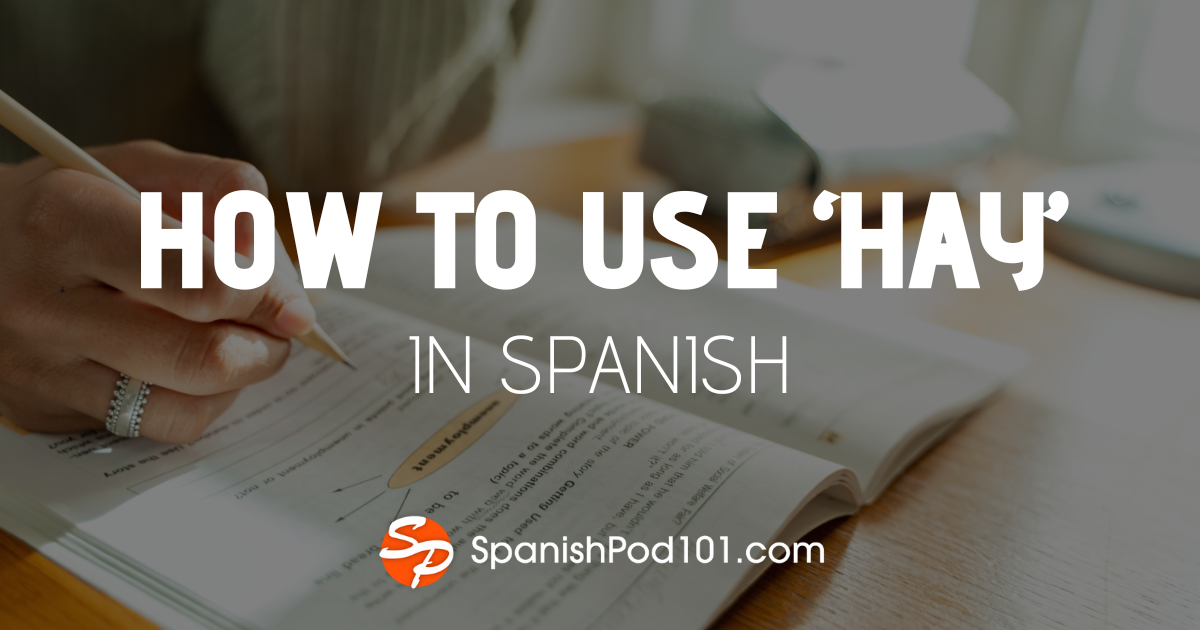The other day, se me fue el avión and I said to my husband that I would take a bath eventualmente. That is a perfect example of a false cognate. That means that it sounds like an English word. It looks like an English word… but it’s not.
“Eventualmente” doesn’t mean “eventually”. It means “every now and then”. There are a lot more words that aren’t what they seem. “Actualmente” is similar to “eventualmente”. It doesn’t mean “actually”, but rather “currently”. “Actually” could be said as “realmente” or “de hecho”. For example, “Actually, I do like pozole” would be “De hecho, sí me gusta el pozole.”
“Asistir” is another tricky word. This verb does not always mean “to assist”, but rather “to attend”. Usually, if you want “to assist” someone, “lo ayudas”.
One word that confused me for awhile was “complexión”. It looks like “complexion”; but it’s not. It refers to a person’s build. So, “él es de complexion fuerte” means “he is well-built”.
The word “compromiso” is a classic blunder. It does not mean “to compromise”. It means “to commit one’s self to something or someone”. For example, “estoy comprometida” means that I am committed, maybe to my job, maybe to my marriage, anything goes. There is no obvious way to say compromise. “Let’s compromise” could be “lleguemos a un acuerdo”, for example.
I remember the first time I heard someone say in the middle of a meal, “estoy constipado.” ¿Qué? Then I learned that “constipado” is like saying “stuffed up”, referring to a cold. Constipated is “estreñido”.
Many a foreigner has said at some point in time, “estoy embarazada” when she is “embarrassed”. She’s even more embarrassed to realize that she just said, “I’m pregnant.” If you are embarrassed and wish to say so, say instead something like, “¡qué vergüenza!” or “me siento avergonzada” o “me siento apenada.”
We’ll take a look at other slippery false cognates next time.









